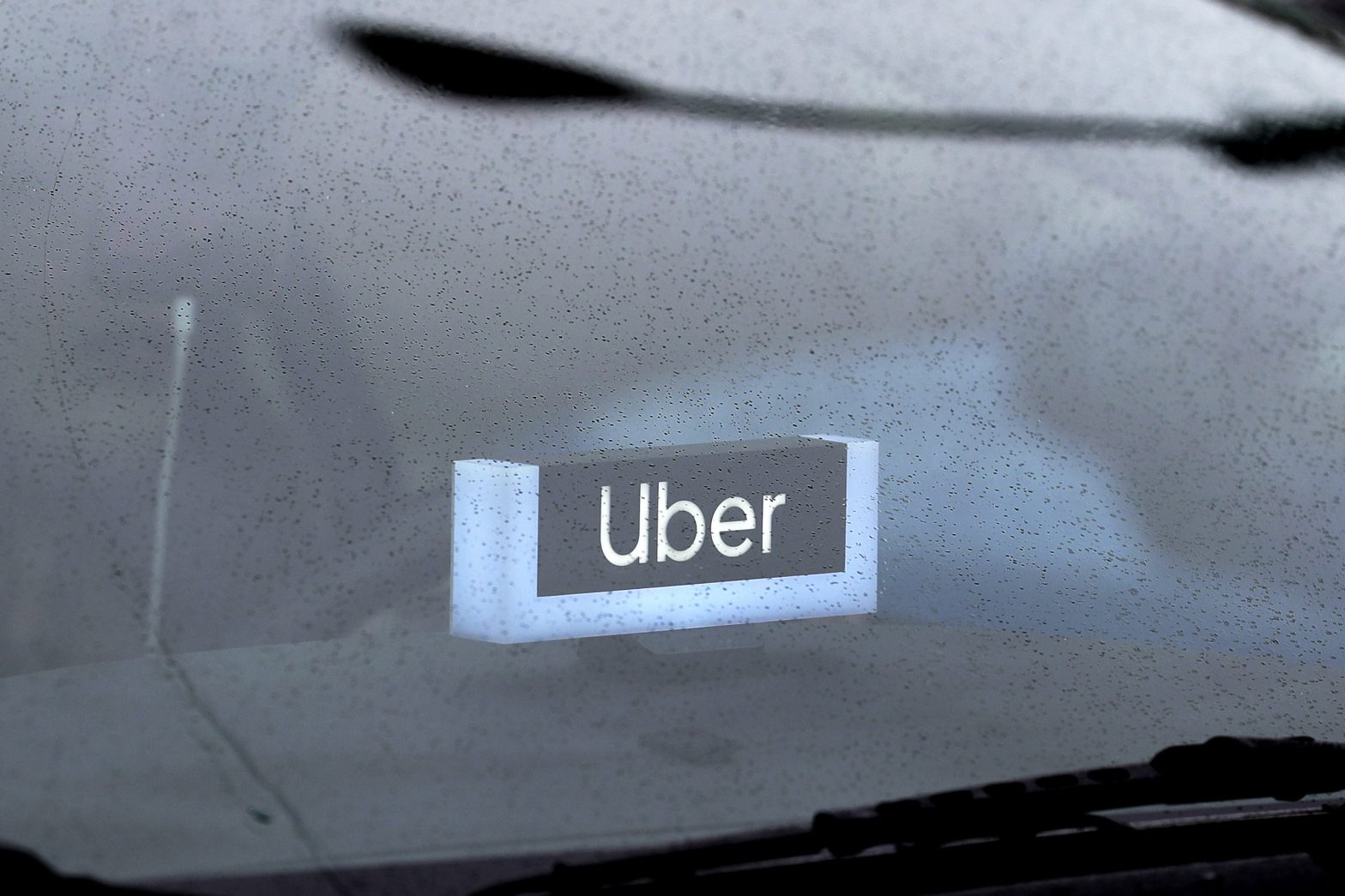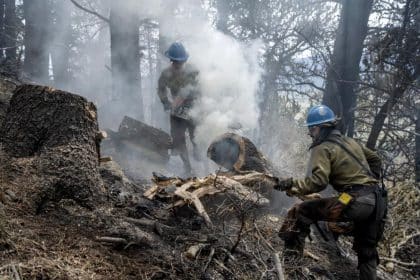DOL Might Be Hesitant to Apply New Worker Classification Standards to Gig Work
COMMENTARY

Over 60% of Americans are living paycheck to paycheck as daily costs continue to rise. Luckily, the availability of flexible app-based work — with companies like DoorDash, Uber, Lyft, Grubhub and Instacart — offers millions of Americans the opportunity to earn the extra cash they need to make ends meet.
But now that the Department of Labor finalized a new rule changing how workers are classified, access to flexible gig work could be at risk.
For millions of workers, earning a living will depend on how the DOL implements its new standards.
Fifty-eight million Americans currently participate in the economy as independent workers — some as app-based gig workers, others as freelancers, and still others as contractors. That’s a third of the American workforce. This month, the DOL finalized a rule introducing new guidelines for when these workers can be classified as independent contractors and when they’re more accurately labeled as employees.
For some industries, like home health care, restaurant dish rooms and construction, employers have a history of using the independent contractor label to avoid paying out benefits and unemployment insurance, despite the fact that many workers fit the bill for “full-time employees,” as most people understand the term. Home care workers, for example, rarely set their own hours, often perform work for a single employer and rarely invest in their own business.
For workers like these, DOL’s new standards for classifying employees and independent contractors could improve the work environment, get workers the benefits they deserve and help put a stop to misclassification.
Then there are app-based gig workers, who are more accurately described as “independent.” According to a recent survey, 75% of app-based workers want to remain independent contractors. Another study from Harvard Business School shows that, for many gig workers, losing the flexibility of their work would be equivalent to a 15% pay cut.
Even as the DOL requested public comment on its proposed worker classification standards, statements from gig workers poured in testifying to the importance of being their own boss. One 74-year-old driver urged the DOL: “Please do not try and fix a delivery system that is working just fine,” before going on to explain that he appreciated the ability to work multiple apps at the same time, taking whichever job provided a better offer. Another driver commented that as a single father with an autistic 9-year-old, holding a traditional nine-to-five or shift schedule job was impossible, while gig work provided critical flexibility.
For an overwhelming number of gig workers — including those who are caretakers, who have another full-time job and who live with a disability — the flexibility of independent work isn’t just a benefit of the job, but a necessary component of it. Were the DOL to remove that flexibility from the equation with a broad interpretation of its new worker classification rule, the economic consequences could be disastrous.
My organization’s own research shows the job losses that would result from an involuntary reclassification of gig workers could lead to nearly half the job losses seen during the Great Recession. The study estimates widespread reclassification could cause as much as a $20,000 income loss per person for disabled, chronically ill and other workers from vulnerable communities.
But the Labor Department hasn’t yet made clear which industries they expect to apply the new worker classification standards to — leaving open the possibility that the department could target app-based workers.
With so much on the line for gig workers and especially those from marginalized communities, it seems improbable that the Biden administration, which has prioritized equity and opportunity for all Americans, would strip gig workers of a status they value and often need. And with voters already skeptical of the president’s economic agenda, a labor standard that risks triggering massive layoffs may not be in the cards.
For gig workers, and for the millions of Americans who depend on them, it will mean the difference between a livelihood and layoffs. It’s critical that as policymakers begin to implement DOL’s new worker classification standards they take into account the needs of these workers and keep their eye on the gig picture.
Adam Kovacevich is the founder and CEO of Chamber of Progress, a tech industry policy coalition promoting technology’s progressive future. You can contact Chamber of Progress via email at [email protected] and follow Adam on X.






















